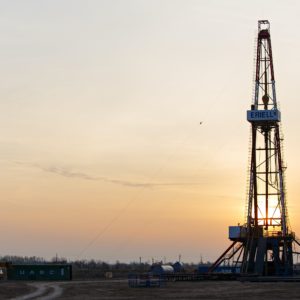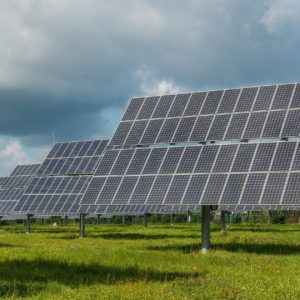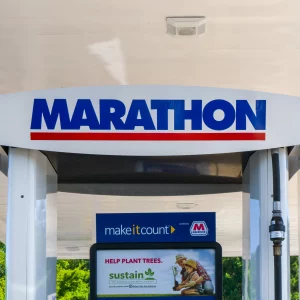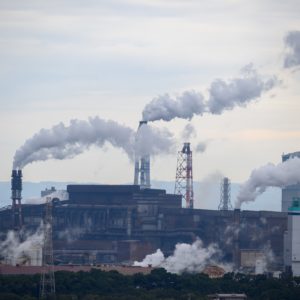Bloomberg’s Stephen Stapczynski reports that U.S. LNG exports have topped rivals for the first time. “A shale gas revolution, coupled with billions of dollars of investments in liquefaction facilities, transformed the U.S. from a net LNG importer to a top exporter in less than a decade. U.S. natural gas production has surged by roughly 70%...
Exxon Pledges to Reduce Carbon Emissions From Operations to ‘Net Zero’
Christopher M. Matthews reports for The Wall Street Journal that Exxon is pledging to reach net-zero emissions by 2050. “With Exxon’s announcement, all of the largest Western oil companies have now made so-called net-zero commitments to reduce or offset greenhouse-gas emissions. BP PLC and Royal Dutch Shell PLC did so in 2020, and in time the largest U.S. oil...
Net-zero emissions pledges matter
"We cannot grow by subtraction. We must innovate, deploy the technology we have today and support the innovation necessary for the future and not be bound by only what we know today as the solutions. Transformation requires a vision and investment."
Biden’s Solar Panel Tariffs Make It Costlier To Meet Biden’s Climate Goals
Eric Boehm of Reason writes on Biden’s solar tariffs. >>>One Simple Trick that Biden can do to Accelerate Clean Energy<<< “The administration wants to force consumers to pay higher prices to please domestic solar companies (which petitioned the White House to extend the tarrifs), then use tax dollars to offset the artificially higher prices with...
The Environmental Case for Genetically Engineered Crops
"There is a global need to increase crop production to feed a growing population. High-income industrialized countries already have the tools to increase crop yields; in contrast, farmers in lower-income countries often struggle to access inputs like fertilizer. By prioritizing organic production over yields, the EU is promoting deforestation and biodiversity loss in lower-income countries — all while continuing to import the non-organic genetically engineered crops that EU countries refuse to grow domestically."
Shark Inspired Film Cuts Tons Of Carbon Emissions
"Lufthansa has also announced plans to roll out the AeroShark film on its entire cargo freight fleet of Boeing 777s as well. That’s 'just' 10 planes, but it’s enough to represent a savings of more than 3,700 tons of jet fuel and 11,700 tons of CO2 emissions, annually. What’s more, the AeroShark team believes those estimates are low, since the film might be slightly more effective on cargo planes that don’t have window openings to work around."
A Gas Giant Maps Out Its Hydrogen Plan
"It is still early days for the market. While that increases the chance it develops in unexpected ways, it also gives the likes of Air Liquide time to adapt."
To Achieve True Energy Independence, Turn To Private Sector Leaders Like Marathon Oil
To reduce costs on consumers, while increasing energy security, the government would do well to lessen regulations for domestic production and allow private sector leaders like Marathon to thrive.
Startups try to make EV charging easier in cities
Joann Muller of Axios writes on startups that are trying to make EV charging easier in cities. “In New York, several mobility startups are trying to tackle the urban charging dilemma, not just for private EV owners but also for taxis, ride-hailing fleets and delivery vehicles that need to keep running.” Read the full article...
Regulation Will Not Solve Our Energy Problems
Dan Romito writes in RealClearEnergy that regulation will not solve our energy problems. “Highlighting emissions data, although helpful in some cases, is also not going to solve any functional or operational aspect of climate risk. Should an investor deem any data point material to valuation, the communication avenues to attain such information already exist. We...









